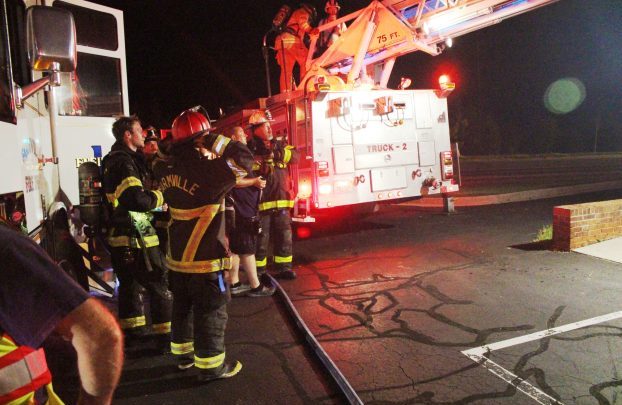Assessing the value of education
Published 2:34 pm Thursday, July 20, 2017
Every year as the summer turns its focus toward the coming of autumn, back-to-school stories tend to proliferate in national and local media. One recurring theme seems to be the rising cost of college tuition and questions about its value and payback.
To be sure, college costs have risen, and they continue to rise. The Center on Budget and Policy Priorities, a nonpartisan research and policy institute, released a report last year that documented the ways in which recession-related budgetary concerns led to cuts in the support of higher education.
In 46 states, including Virginia, government spending per student continues to remain less than what it was prior to the beginning of the recession in 2008. In fact, based on inflation-adjusted dollars, funding for higher education in Virginia is now 22.5 percent less per student.
Trending
Such reductions in support are one of the factors that contribute to rising tuition. In this fiscal climate, evaluating the return on investments in higher education seems fitting.
Some benefits fall outside the realm of dollars. College graduates tend to be healthier, more engaged in their communities and better able to understand diverse points of view. In most assessments, however, the question of value revolves around expenditures and paybacks.
In Virginia, community colleges offer a lower-cost, value-based choice. According to information from the State Council of Higher Education for Virginia (SCHEV), tuition and mandatory fees for full-time, in-state undergraduates in the commonwealth’s four-year colleges averages $12,137. With fees of $9,989 for room and board, that yields a grand total of $22,126 per academic year.
By comparison, here at Southside Virginia Community College, in-state tuition and fees add up to $4,582.50 for 15 credit hours per semester for the entire 2017-18 academic year.
Furthermore, 94 percent of beginning undergraduate students receive significant financial aid packages.
But what’s the payback?
Trending
College Measures, an initiative of the American Institutes for Research, studied that question. They found that students who graduate from a community college with an associate’s degree in an occupational or technical field earn an average of $35,718 in the first year after graduation and $41,879 eight years after graduation.
At VA.EdPays.org you can download the entire report or interactively explore the data to learn more details about wage variations by field of study and region.
Additionally, students who earn an associate’s degree in a transfer program can save approximately $35,000 on the cost of obtaining a bachelor’s degree. They also have an opportunity to establish their academic competitiveness and get a clearer picture of their overall career goals.
Dr. Al Roberts is president of Southside Virginia Community College. His email address is al.roberts@southside.edu.





